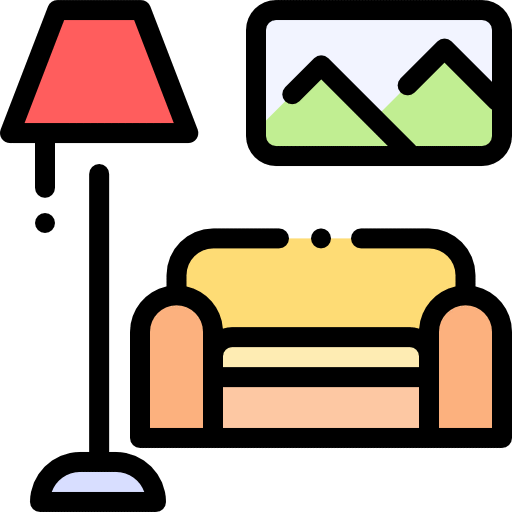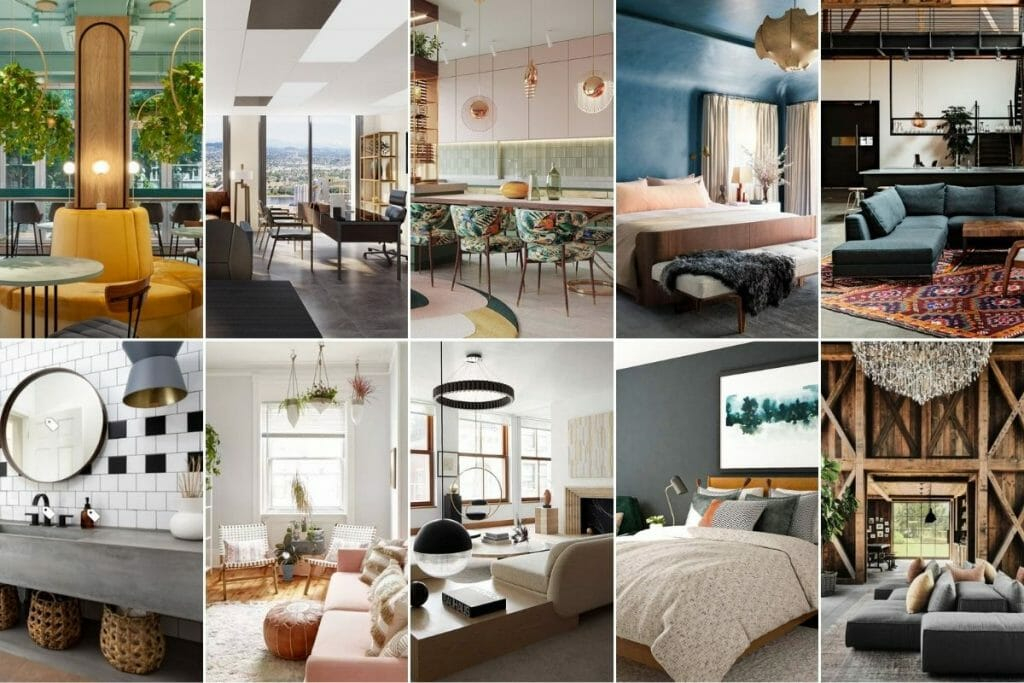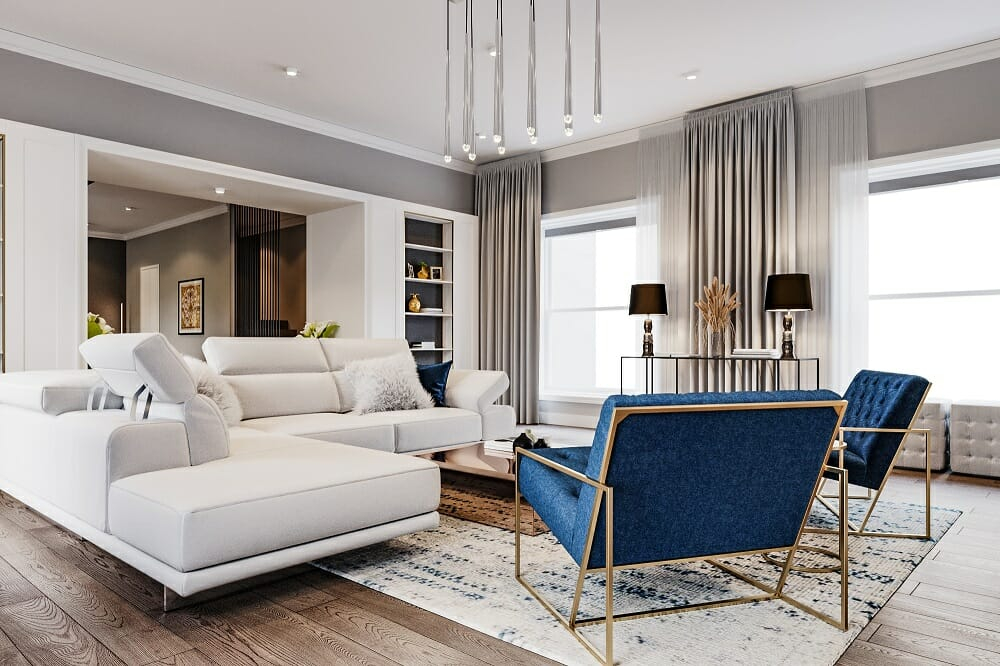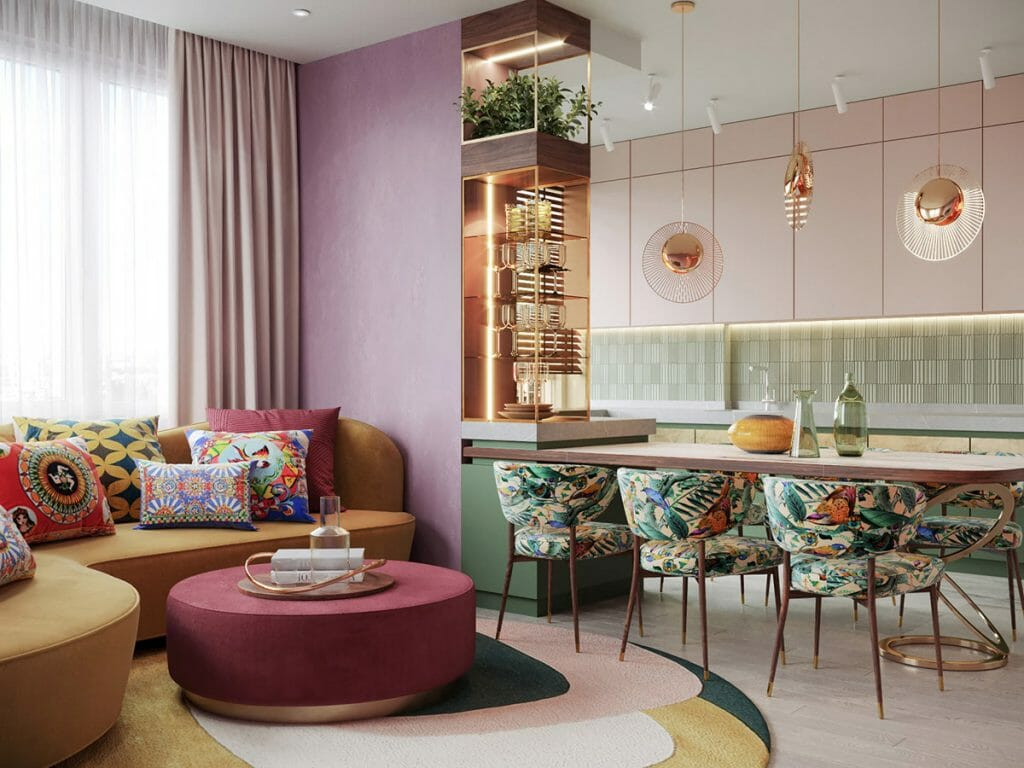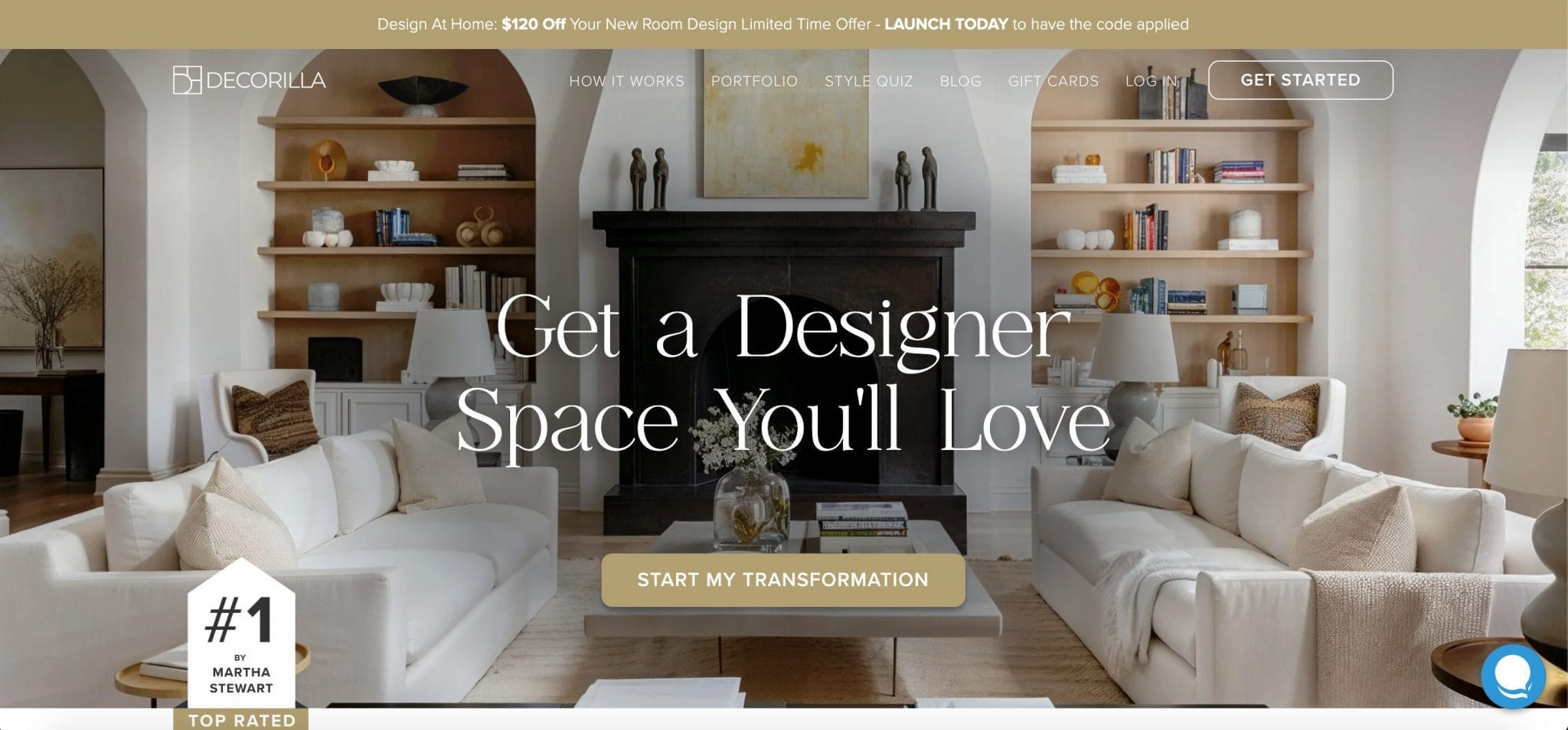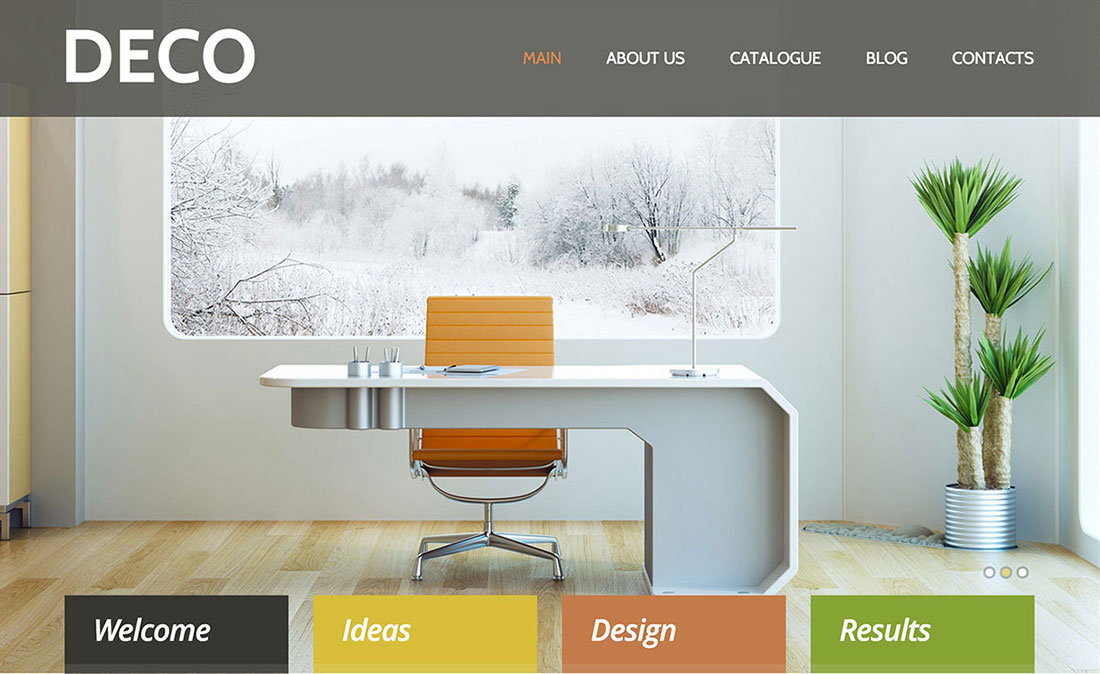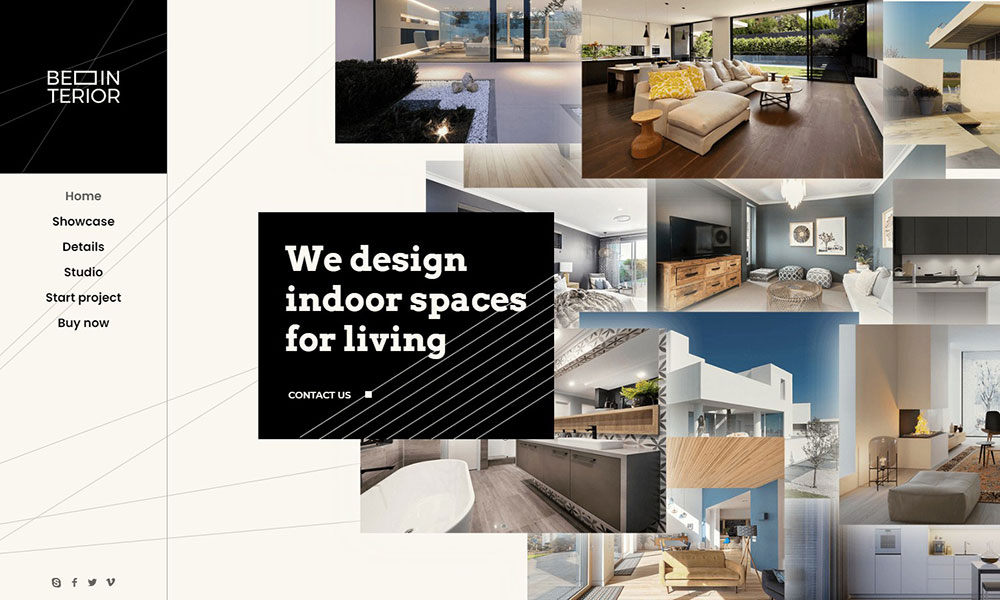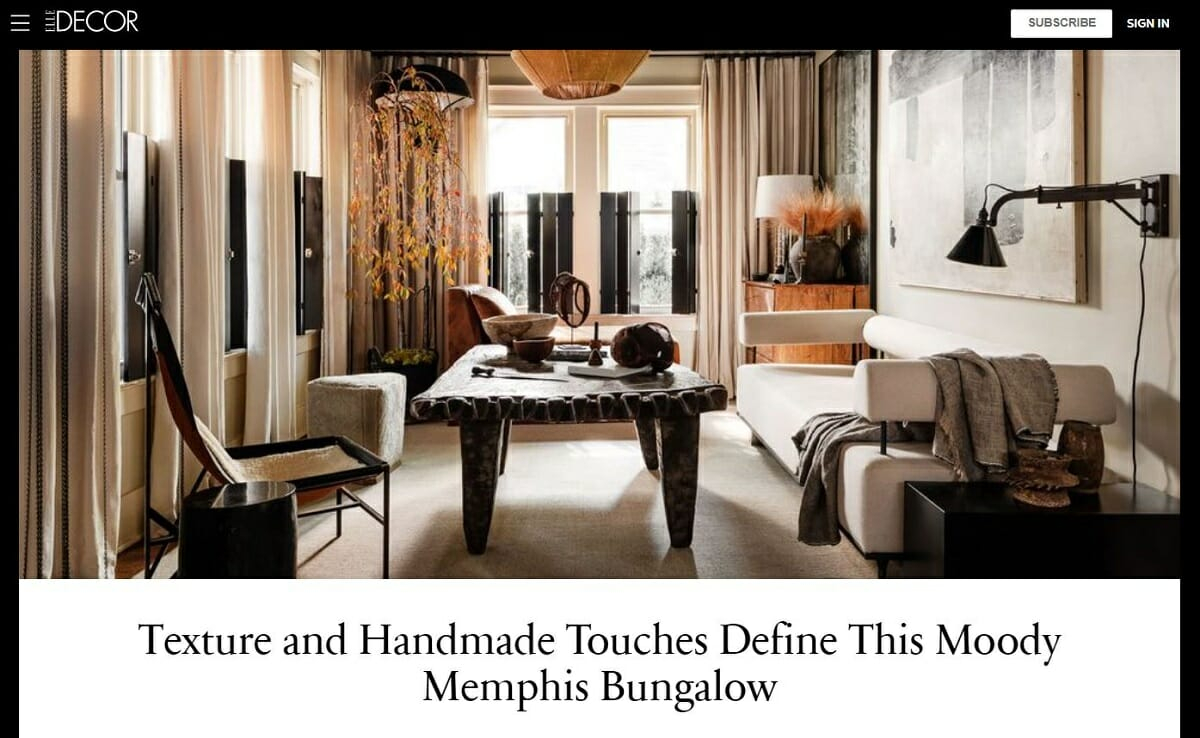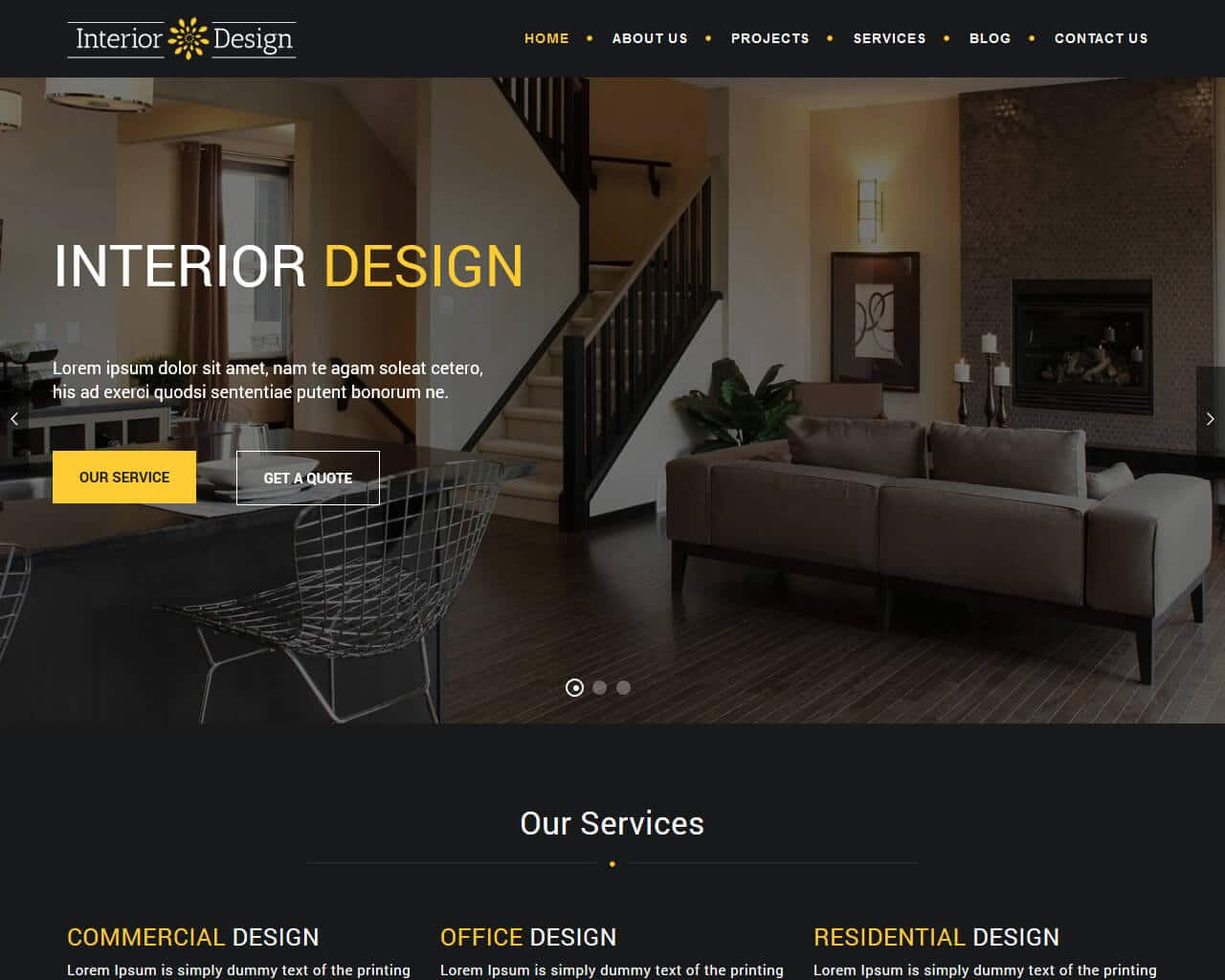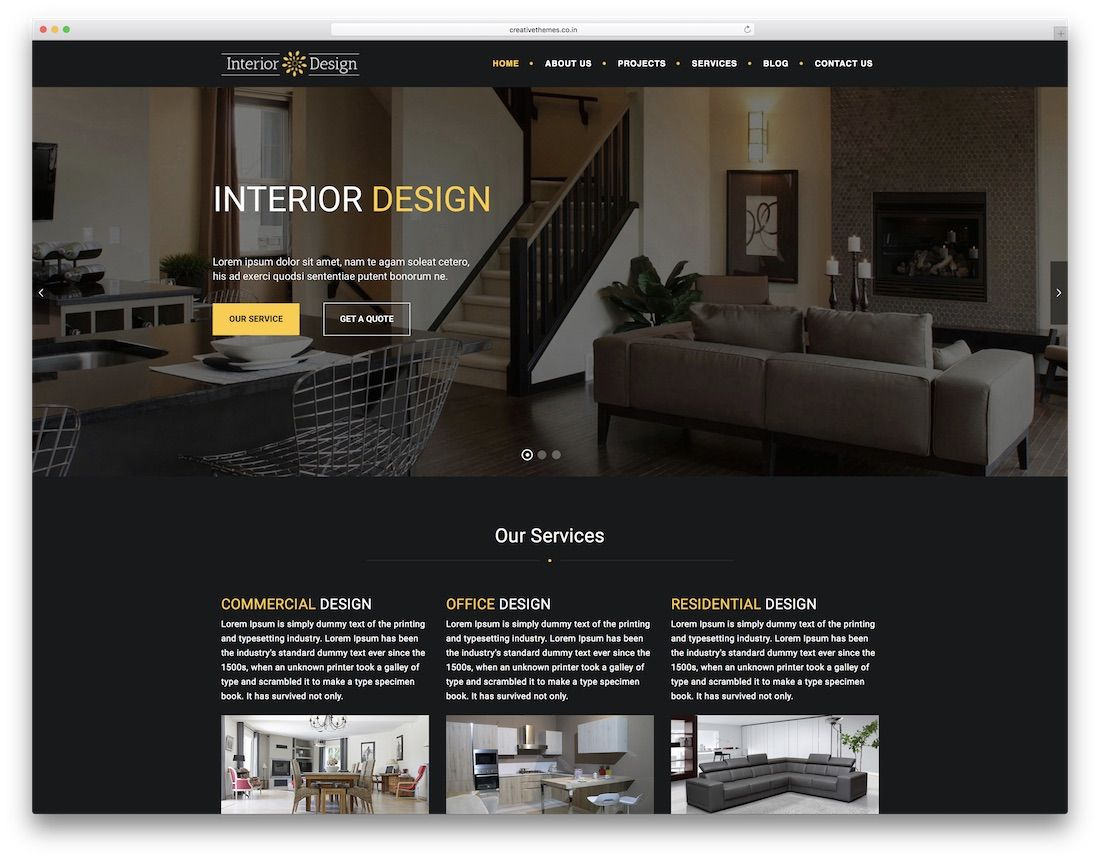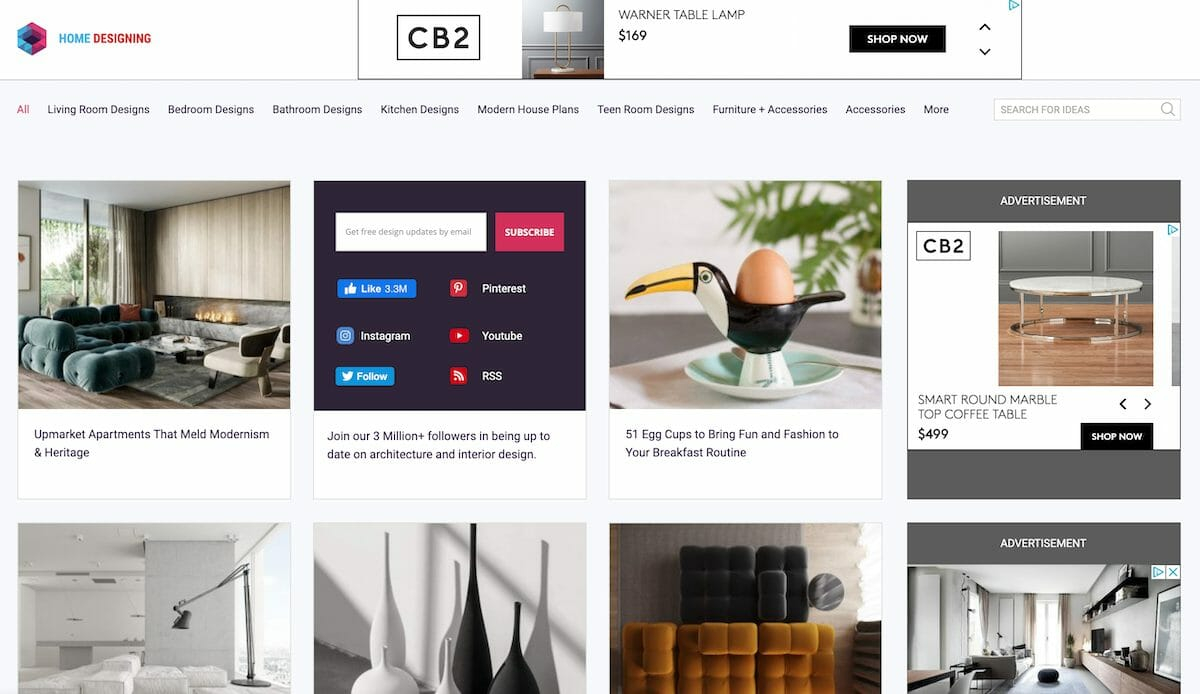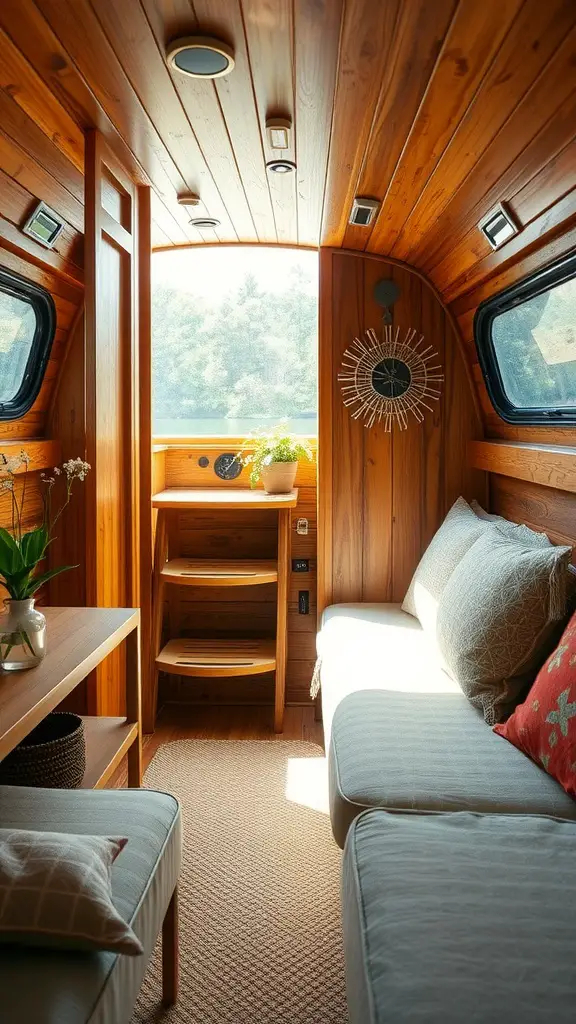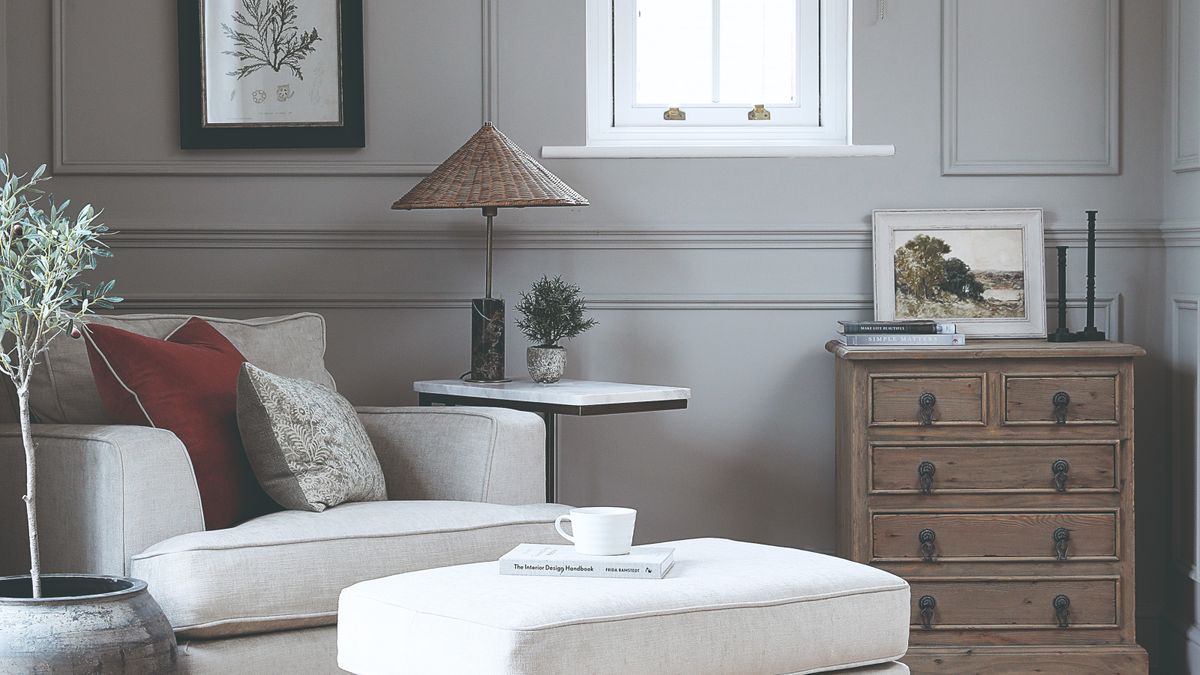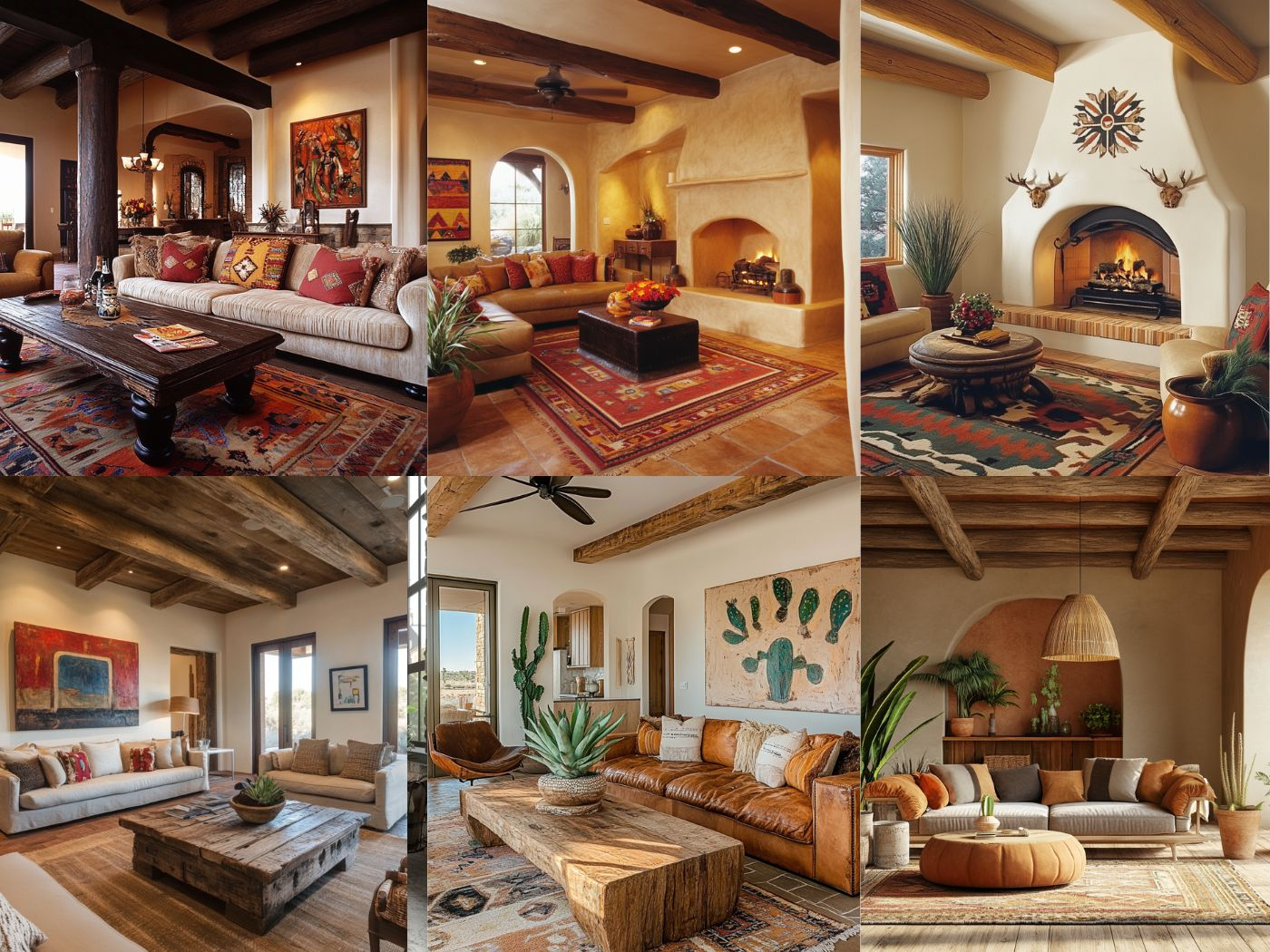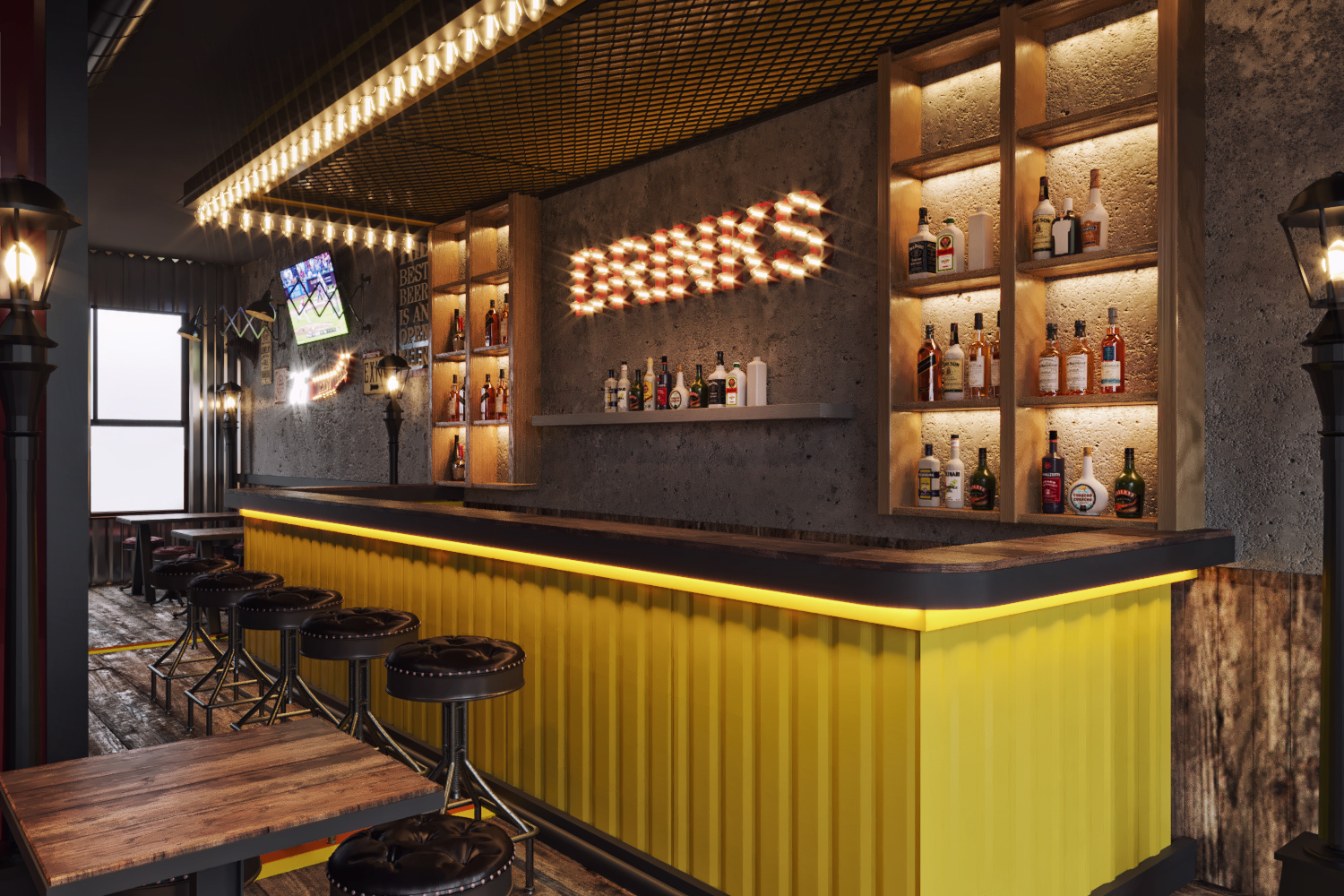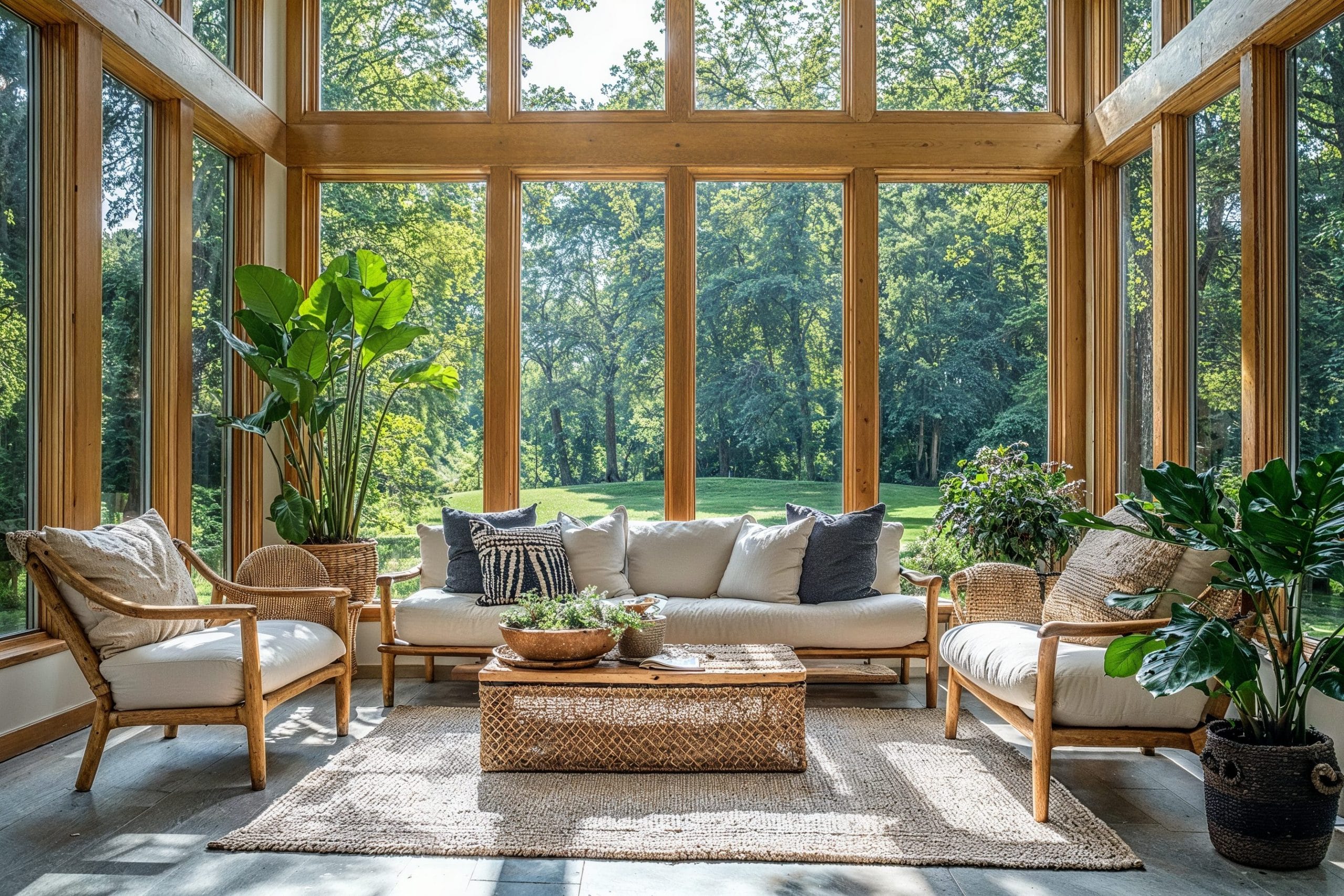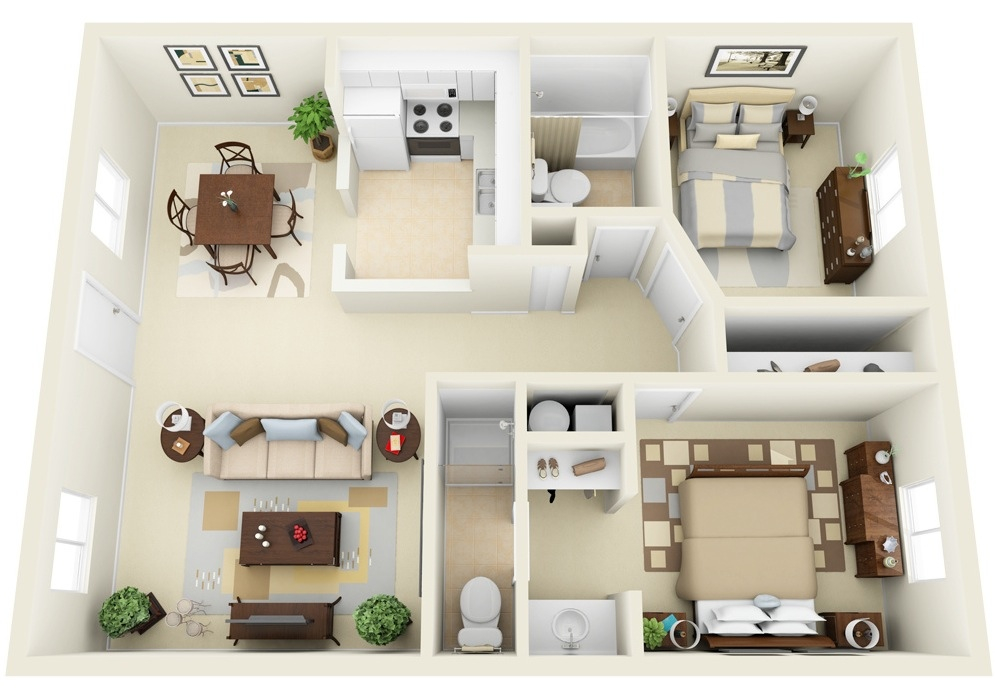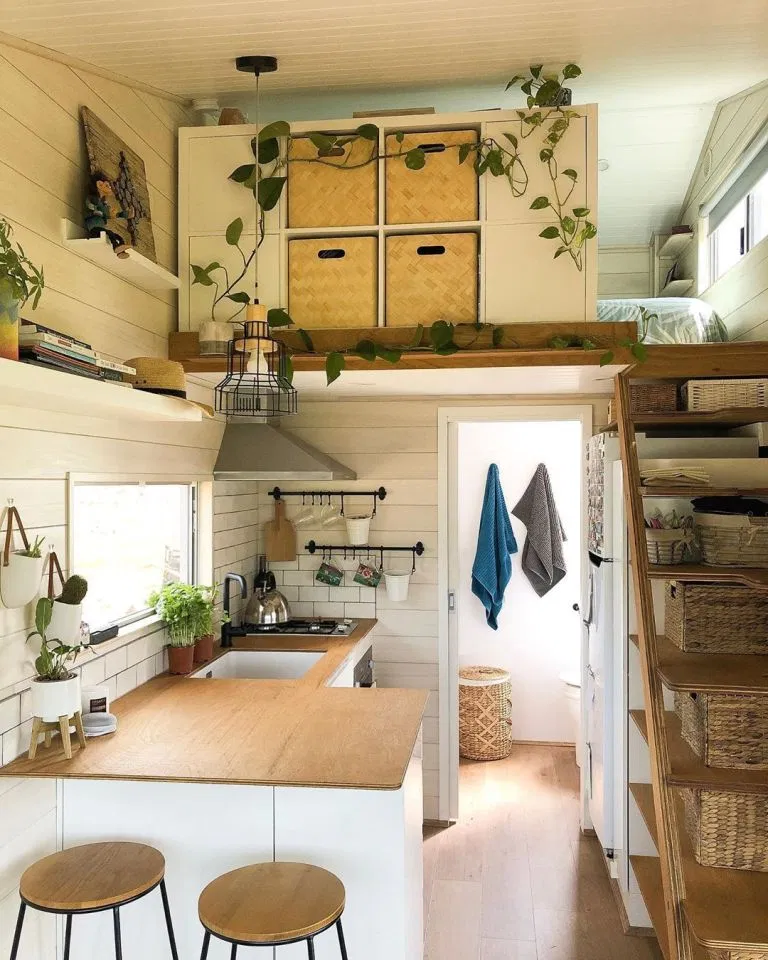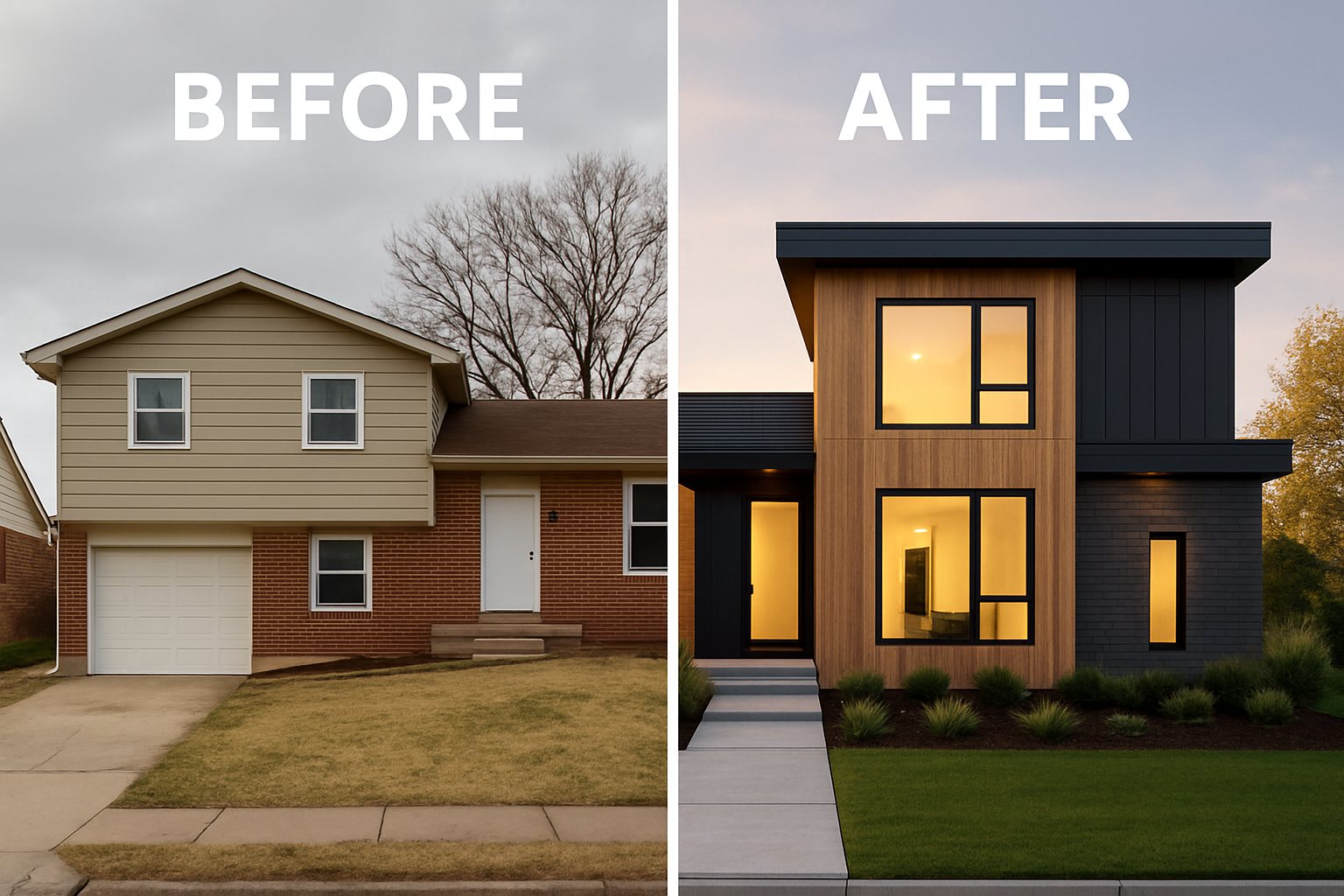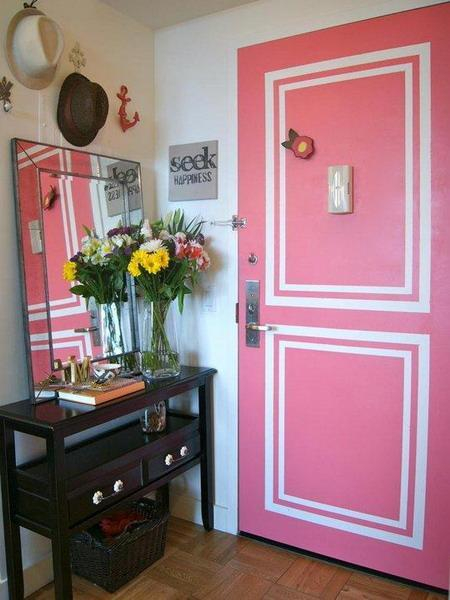Ever feel like your living space is just…meh? Like it’s not quite reflecting who you are or serving your needs as well as it could. You’re not alone. So many of us look around our homes and see potential, a blank slate waiting for a touch of personality and function. The good news? In today’s connected world, finding that spark, that brilliant idea to transform your home, is easier than ever. The internet is an endless wellspring of inspiration, a digital playground for homeowners eager to make their spaces sing.
Remember the days when home design inspiration came solely from glossy magazines or flipping through the pages of a catalog. While those still have their charm, the digital age has completely revolutionized how we discover and implement ideas for our homes. We’re talking about a universe of images, tutorials, and expert advice at our fingertips. Whether you’re looking to completely overhaul your kitchen, add a cozy reading nook, or just figure out the best way to organize your closet, the internet has the answers and the aesthetic you’re craving. It’s about more than just pretty pictures; it’s about learning new skills, understanding different styles, and ultimately, creating a home that truly feels like you.
Pinterest: The Visual Feast for Home Lovers
Let’s be honest, Pinterest is practically synonymous with home inspiration. It’s a giant, digital mood board where you can collect and organize ideas for literally anything. Searching for ‘modern farmhouse kitchen’ or ‘small balcony ideas’ will flood your screen with thousands of beautiful images. But it’s more than just looking. You can create your own boards for different rooms or projects, pinning everything from color palettes and furniture finds to DIY tutorials and organization hacks. It’s a fantastic way to visually curate your dream space and identify recurring themes in what you like. Plus, when you click on a pin, it often links directly to the source – a blog post with more details, a shopping link for a piece of furniture, or a step-by-step guide. It’s incredibly actionable.
Instagram: Real Homes, Real Styles, Real Quick
Instagram offers a more immediate and often more personal glimpse into home design. Following interior designers, home decor bloggers, and even friends who have great taste can provide daily doses of inspiration. Hashtags are your best friend here. Search for #homedecor, #interiordesign, #diyhome, or more specific tags like #bohodecor or #midcenturymodern. You’ll see beautifully styled rooms, quick renovation updates, and often, behind-the-scenes looks at how things come together. Many accounts also share sources for the items they feature, making it easy to replicate a look you love. It’s a dynamic and ever-changing stream of visual ideas, perfect for when you need a quick creative boost.
Blogs and Online Magazines: Deep Dives and Expert Advice
For more in-depth exploration and expert guidance, home decor blogs and online magazines are invaluable. Websites like Apartment Therapy, Houzz, Domino, and Architectural Digest offer articles on everything from trend reports and budget-friendly makeovers to detailed guides on specific design styles and renovation projects. You can find interviews with designers, roundups of the best products for specific needs, and practical advice on tackling common home challenges. These platforms often feature real homes and real people, offering relatable solutions and inspiring transformations. They’re great for understanding the ‘why’ behind design choices, not just the ‘what’.
YouTube: Visual Tutorials and Room Makeovers
Sometimes, reading about a project just isn’t enough; you need to see it done. YouTube excels here. You can find step-by-step tutorials for DIY projects, from building a simple shelf to tackling more complex renovations. Many channels focus on specific areas, like painting techniques, furniture upcycling, or landscaping. You’ll also find full room makeover videos, often showing the entire process from a messy ‘before’ to a stunning ‘after.’ Watching these can demystify daunting tasks and give you the confidence to try something new yourself. Seeing someone else’s process can make your own project feel much more achievable.
Forums and Communities: Real Advice from Real People
Don’t underestimate the power of online communities and forums. Websites like Reddit have dedicated subreddits (like r/HomeDecorating, r/DIY, r/interiordesign) where people share their projects, ask for advice, and offer support. You can post photos of your space and get tailored suggestions from a wide range of people with different experiences and perspectives. Have a specific problem, like how to deal with a weirdly shaped room or what paint color to use in a north-facing room? Chances are, someone in these communities has faced it and has practical, real-world advice. It’s a collaborative space for problem-solving and inspiration.
Putting It All Together: Your Personalized Action Plan
So, how do you harness all this online inspiration without getting overwhelmed. First, start broad. Browse Pinterest and Instagram to get a general feel for styles you’re drawn to. Save images that catch your eye – don’t overthink it at this stage. Once you start seeing patterns (e.g., you’re consistently pinning rooms with natural light and plants, or you love bold accent walls), you can start narrowing your focus. Create specific boards for each room you want to tackle. Then, dive into blogs and YouTube for how-to’s on specific projects or to learn more about a style you’ve identified. And don’t be afraid to ask for help in online forums. The key is to collect, curate, and then translate those digital ideas into tangible changes in your own home. It’s a journey, and the internet is your best guide.
The internet has democratized design inspiration, making it accessible to everyone. Whether you’re a seasoned DIYer or just starting to think about making your house a home, there’s a wealth of knowledge and visual ideas waiting for you. So, grab your laptop or phone, dive in, and start exploring. You might just surprise yourself with what you can create. Remember, your home is your sanctuary, and with a little online guidance and a lot of your own creativity, you can unlock its full potential and make it a space you truly love.
